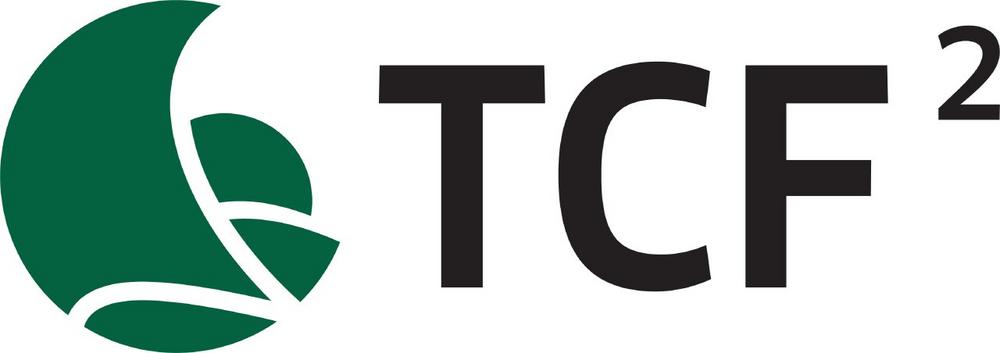It is getting cold outside and Christmas is coming closer every day. Many of us will enjoy a cup of hot tea here and some cookies there. Typical Christmas spices like cinnamon, cardamom, anise and others will see their yearly peak in popularity. Unfortunately, the products do not always contain what is stated on the label, especially if the product is already cut or even ground.
What can you do to ensure authenticity of your products and protect your company from fraudulent ones? Industrial standards like IFS provide guidelines and usually require the implementation of mitigation strategies. An integral tool for any mitigation strategy should be the confirmation of authenticity of raw materials through analytical testing.
But what to look for? The good news is: You don’t need to know what to look for!
With a method based on Next Generation Sequencing (NGS), Quality Services International (QSI) in collaboration with the Tentamus Center for Food Fraud (TCF2) is able to detect foreign plant material without the prior knowledge of what to look for. This ability makes NGS extremely powerful for the detection of additions to
- Tea (Camellia sinensis)
- Herbal teas (e.g. peppermint, chamomile, melissa, etc.)
- Kitchen Herbs (e.g. oregano, majoram, lovage, etc.)
- Spices (e.g. pepper, kardamom, anis, kurkuma, etc.)
and many more.
How does NGS work?
Two different regions of the DNA in a sample are amplified, sequenced and assigned to plant species. In the past, DNA sequencing (barcoding) was limited to detecting the main DNA in a sample. Admixtures were not detected or gave unreadable results.
TCF² and QSI offer a substantially improved method through our specialized Tentamus partner lifeprint in Illertissen, Germany. lifeprint uses the latest technology to sequence whole DNA populations in one step (metabarcoding). The acquired DNA sequences are compared with the largest available DNA-database containing DNA-information of thousands of plants of worldwide origin and reveal any foreign plants in your product. By using NGS, even small traces of unexpected species (down to about 0.5% of the DNA in a sample) can be detected.
Are you interested in confirming authenticity of your raw materials? Get in touch with us!
Our experts Mrs. Wessels and Mr. Dübecke will be happy to advise you.
Tentamus Group GmbH was founded in 2011. Tentamus is a global product and safety group with a core presence in Europe, UK, Israel, China, Japan, India and the USA. Accredited and licensed Tentamus Group tests, audits and consults on all products involving the human body (food & feed, pharmaceuticals & medical, agrosciences, cosmetics, agriculture & environment and nutraceutical & supplements). Tentamus Group is represented in over 65 locations worldwide. More than 2,500 highly-trained staff members work in over 2.5 million square feet of laboratory and office spaces. For further information please visit www.tentamus.com.
Tentamus Group GmbH
An der Industriebahn 26
13088 Berlin
Telefon: +49 (30) 206038-230
Telefax: +49 (30) 206038-190
http://www.tentamus.com
Research and Development QSI
Telefon: +49 (421) 596 607 37
E-Mail: arne.duebecke@qsi-q3.de
Manager Food
Telefon: +49 (421) 596607-32
E-Mail: Annika.Wessels@qsi-q3.de
![]()

